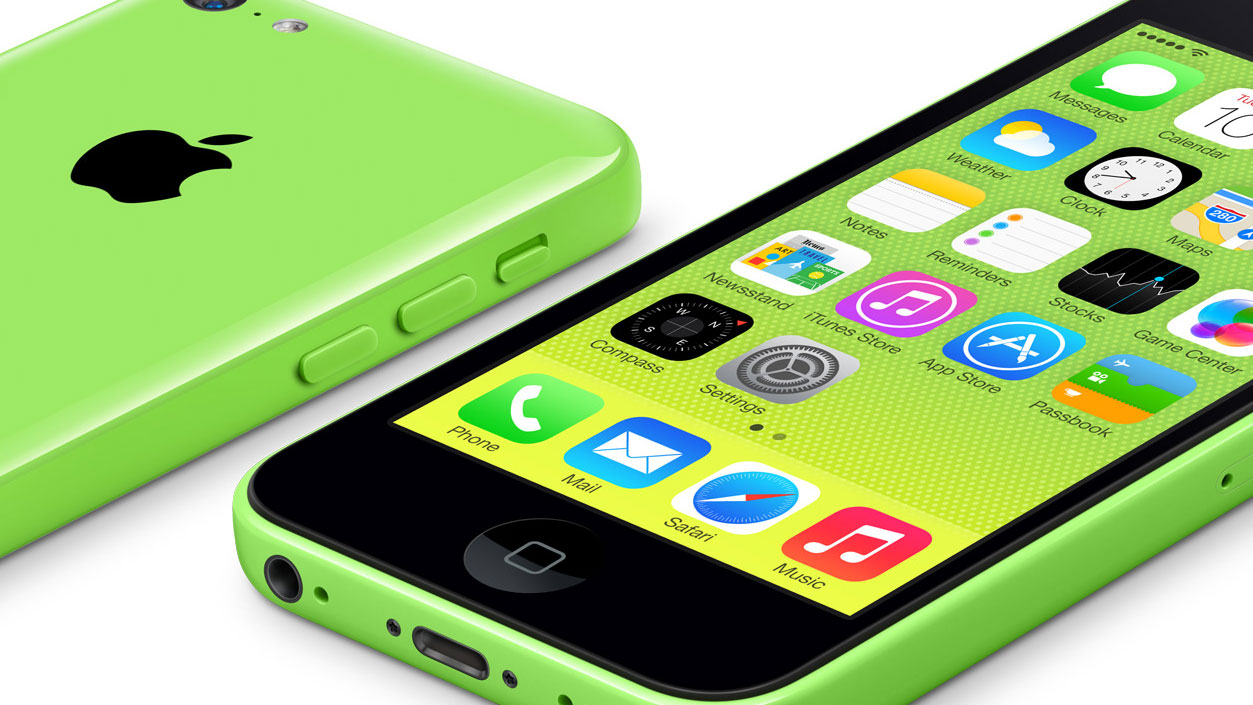We'll probably never know how the FBI unlocked the San Bernardino iPhone
Updated: Agency knows how to use hack, just not how it works

Update: The FBI has shuttered the possibility of revealing to Apple how it unlocked the San Bernardino iPhone.
The FBI said in a statement, picked up by The New York Times, that it won't send the matter to a White House review committee, which would have evaluated whether Apple needs to know about any software vulnerabilities in the iPhone 5C.
The agency did buy the iPhone unlocking method from "an outside party," however an FBI official said that the agency didn't "purchase the rights to technical details about how the method functions, or the nature and extend of any vulnerabilities upon which the method may rely in order to operate.
"As a result, currently we do not have enough technical information about any vulnerability that would permit any meaningful review," the official said.
We've asked Apple for comment on the matter and whether it plans to pursue finding out how the FBI accessed data on the iPhone, and will update this story when we hear back.
Original story below...
The FBI reportedly doesn't know how the tool used to access a terrorist's iPhone actually works, which could keep the hack from ever being disclosed to Apple or the world at large.
Sign up for breaking news, reviews, opinion, top tech deals, and more.
The agency apparently knows how to use the tool, sources tell The Wall Street Journal, but not enough about how it functions to warrant a White House review.
The agency reportedly paid a third party upwards of $1 million to break into San Bernardino terrorist Syed Farook's iPhone 5C. Even though it utilized the third party's method, FBI Director James Comey indicated agents aren't well versed enough in its intricacies to the point that a White House review should be launched.
A review would almost certainly yield specifics about the hack, which could then be turned over to Apple so it can patch its software.
What would we learn?
Comey said a government decision about whether to start the review process will be made soon.
Launching a review boils down to whether the agency was "aware of a vulnerability, or did we just buy a tool and don't have sufficient knowledge of the vulnerability," Comey said.
Various government agencies, including members of the intelligence community, would perform the review, then determine whether a company - in this case, Apple - or the general public need to know about any vulnerabilities.
To decide who needs to know what, the review group would look at how many people might be affected by a vulnerability, how likely it would be exploited by hackers, and weighing interests of national security to keep it a secret or not.
It seems almost silly a review process won't be launched, and if one isn't or an iPhone vulnerability isn't disclosed to Apple, it would no doubt draw ire from privacy advocates concerned the FBI is chipping away at encryption and cyber security.
While the agency vehemently pursued Apple in the courts to build a software tool to unlock the iPhone, it quickly dropped its case after a third-party method came to light. Now, it's made no sign that it plans to tell Apple how it accessed the iPhone, even though Apple has stated it would like to know in case it keeps users safe.
- Apple is reportedly working to make the iPhone unhackable
